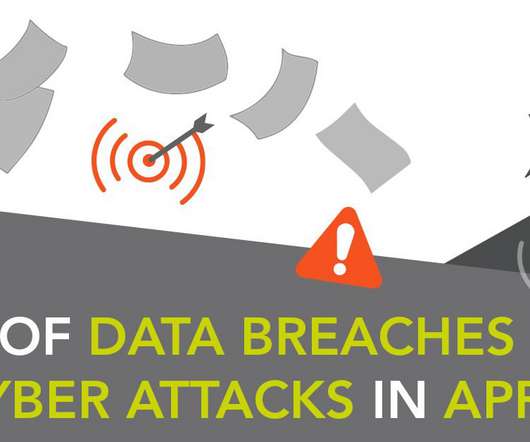Security Affairs newsletter Round 249
Security Affairs
FEBRUARY 2, 2020
A new piece of Ryuk Stealer targets government, military and finance sectors. CVE-2020-7247 RCE flaw in OpenSMTPD library affects many BSD and Linux distros. Wawa card breach: 30 million card records for sale in the dark web. The best news of the week with Security Affairs. City of Potsdam offline following a cyberattack.














Let's personalize your content